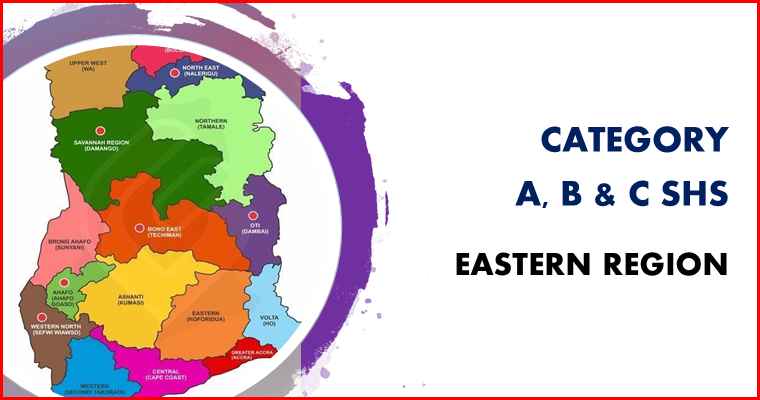Job options
Jobs directly related to your degree include:
- Academic researcher
- Clinical research associate
- Clinical scientist, genomics
- Clinical scientist, immunology
- Genetic counsellor
- Pharmacologist
- Plant breeder/geneticist
- Research scientist (life sciences)
- Research scientist (medical)
Jobs where your degree would be useful include:
- Biotechnologist
- Epidemiologist
- Forensic scientist
- Medical sales representative
- Physician associate
- Scientific laboratory technician
- Science writer
Work experience
Practical experience gained through work shadowing and placements in the laboratory or field may increase your chances of finding genetics-related work. It's also useful to build up knowledge of the range of techniques used in the area. Some courses provide the opportunity for a year out in industry or with a research institute, or some form of shorter work placement either in the UK or abroad.
It's a good idea to gain some experience within industry as well as academia so you can compare the two and decide which you prefer. Temporary work within a healthcare environment, for example in a hospital, may also prove useful in helping you explore career ideas.
You might decide to do some volunteering with organisations that specialise in researching genetic conditions or supporting people with inherited disorders.
Typical employers
Many careers relating to genetics are based in the health services, so employers tend to be hospitals, pharmaceutical companies and universities.
However, opportunities within food and drink companies, the health and beauty care industry, and research and consultancy companies are also available.
Skills for your CV
Studying genetics provides you with specialist subject knowledge, as well as skills in scientific protocol, biological research and laboratory practice, which is essential if you intend to pursue a career in a genetics-related job.
Employers are also interested in the broader skills you acquire, such as:
- recording, analysis and interpretation of masses of scientific data
- logical thinking, numeracy and computing skills
- awareness of current issues and ethical debates
- communication skills including report writing and making presentations
- time management
- problem solving
- self-reliance and initiative
- business awareness
- teamwork and strong interpersonal skills.








